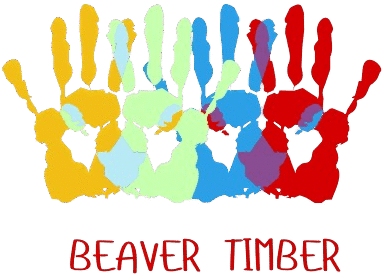Online gaming has grown exponentially over the last two decades, becoming one of the most popular forms of entertainment worldwide. The fusion of technology, internet connectivity, and interactive design has created a unique platform where ku3933 157 millions of players engage daily, transcending borders and cultures. This transformation has not only redefined how people play games but also how they socialize, compete, and even work. The influence of online gaming is evident in modern society, making it a significant cultural and economic force.
At the heart of online gaming’s appeal is its ability to bring people together. Unlike traditional video games that are typically single-player or limited to local multiplayer, online games offer an immersive experience where players from around the world can connect in real time. This social dimension fosters teamwork, competition, and friendship. Players communicate through voice chat or messaging, strategizing and sharing moments of triumph or defeat. For many, the gaming community becomes a second family, providing support, camaraderie, and a sense of belonging.
Technological advancements have played a crucial role in the evolution of online gaming. High-speed internet, powerful gaming consoles, and mobile devices have made it easier than ever to access games. Mobile gaming, in particular, has revolutionized the industry by putting games in the hands of billions. This accessibility means anyone with a https://omalokinsert.eu.com/ceo-kim-sandra/ smartphone can join a game, whether for a few minutes or extended sessions, making gaming an everyday activity. The diversity of game genres—from action-packed shooters to deep, narrative-driven role-playing games—caters to a wide variety of tastes and preferences.
The rise of esports has added a professional layer to online gaming, turning it into a competitive sport watched by millions globally. Professional players, teams, and organizations compete in high-stakes tournaments with significant prize pools, sponsorships, and media attention. This new form of competition has elevated gaming’s status, blurring the lines between traditional sports and digital entertainment. Beyond playing, esports has created numerous job opportunities, including coaching, commentary, event planning, and content creation, contributing to a growing industry ecosystem.
Creativity and user-generated content are other important aspects of online gaming culture. Many games encourage players to customize characters, build virtual worlds, and develop new game modes or maps. This participatory nature not only enhances gameplay but also empowers players to become creators. Streaming platforms like Twitch and YouTube Gaming have further expanded this creative space, allowing gamers to share their experiences with audiences worldwide. This has transformed gaming into a form of interactive entertainment and social media, where players can influence trends and build personal brands.
Despite its many positive attributes, online gaming faces challenges. Issues such as toxicity, harassment, and addiction have sparked concerns about player safety and mental health. The anonymity of the internet can sometimes foster negative behavior, leading developers and communities to implement stricter moderation and promote responsible gaming. Education and awareness are becoming integral parts of the gaming culture to ensure a healthier and more inclusive environment.
Looking ahead, online gaming is poised for even greater innovation. Emerging technologies like virtual reality, augmented reality, and cloud gaming promise to enhance immersion and accessibility. As more people worldwide gain internet access, online gaming will continue to be a vital platform for entertainment, social connection, and creativity. It will undoubtedly play a major role in shaping the future of digital culture
